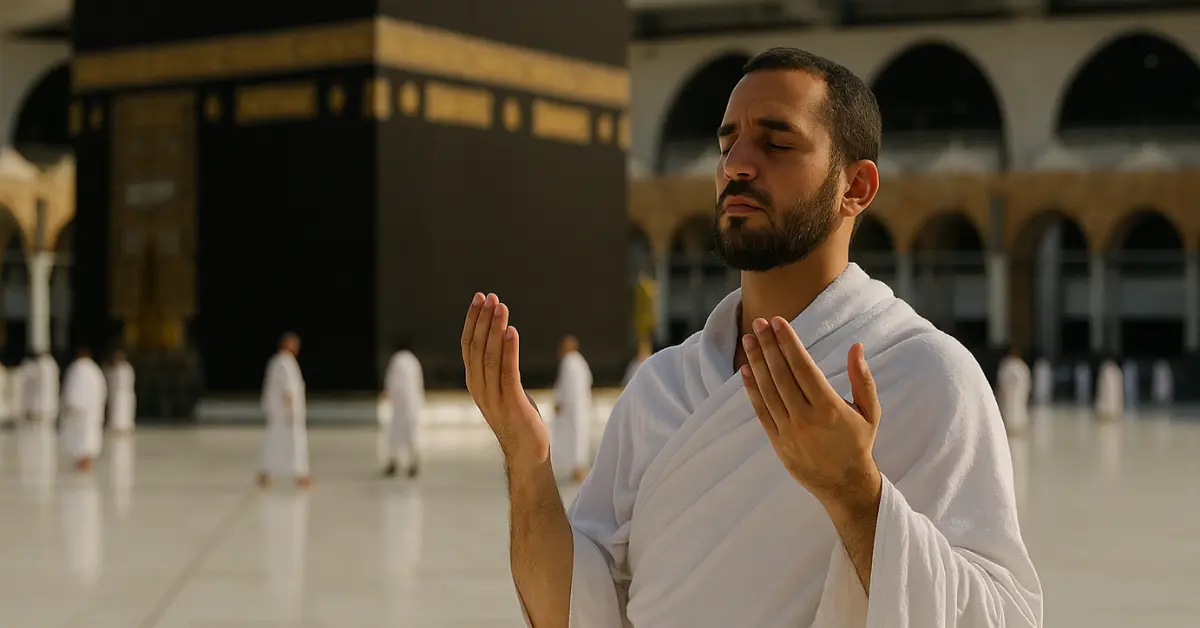For millions of Muslims visiting Masjid al-Haram every year, the moments spent in front of the Kaaba are among the most spiritually intense of their lives. As Umrah rituals unfold, many pilgrims seek to enhance their connection with Allah through heartfelt supplication (dua). Knowing which authentic duas to recite during these moments can provide comfort, clarity, and purpose.
Duas Rooted in Authentic Tradition
The significance of dua in Islam is profound, and the sacred setting of Masjid al-Haram elevates its impact. The Prophet Muhammad (peace be upon him) said, “The supplication made between the Black Stone and the Yemeni Corner is never rejected” (Tirmidhi).
Among the most recited duas during Tawaf is the simple yet powerful:
“Rabbana atina fid-dunya hasanah wa fil-akhirati hasanah wa qina ‘adhaban-nar”
(Our Lord, give us good in this world and good in the Hereafter, and protect us from the punishment of the Fire) — Surah Al-Baqarah, 2:201.
Another common and authentic supplication is:
“La ilaha illa Allah, wahdahu la sharika lah, lahul-mulku wa lahul-hamdu, wa huwa ‘ala kulli shay’in qadeer”
(There is no god but Allah, alone without partner. To Him belongs the dominion and all praise, and He has power over all things).
This dhikr is frequently recited during Tawaf and other moments of reflection around the Kaaba.
Spiritual Awareness and Personal Supplication
While authentic, prescribed duas are highly encouraged, scholars also advise that pilgrims speak to Allah from the heart in their own language. Masjid al-Haram is a place where personal prayers are deeply welcomed, and the sincerity behind the words carries weight beyond their eloquence.
Many also choose to recite duas during Sa’i between Safa and Marwah, particularly at the hilltops, as practiced by the Prophet (peace be upon him), who would raise his hands and say:
“Allahu Akbar, Allahu Akbar, Allahu Akbar, la ilaha illa Allah…” (Sahih Muslim).
Reciting authentic duas during Umrah not only follows the Sunnah but deepens the spiritual connection with the sacred journey. Masjid al-Haram provides a blessed space where hearts open and prayers are heard — a moment every pilgrim remembers for life.
Also Read: Planning Umrah Without a Mahram? Key Safety Advice for Women Pilgrims

